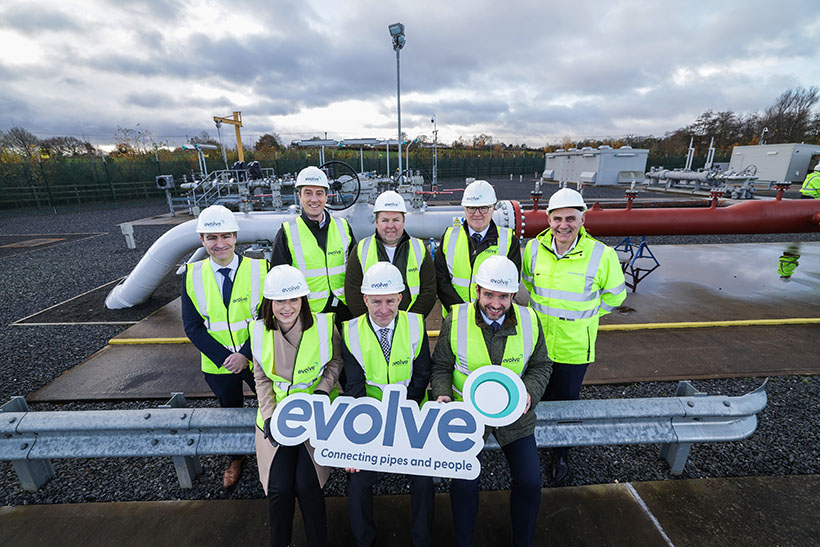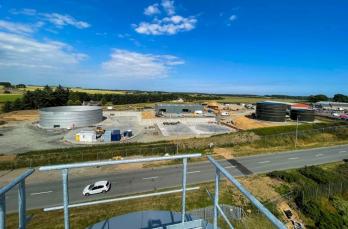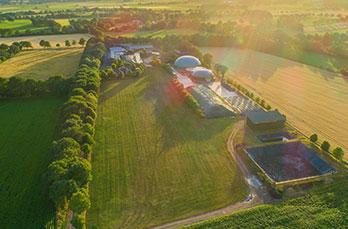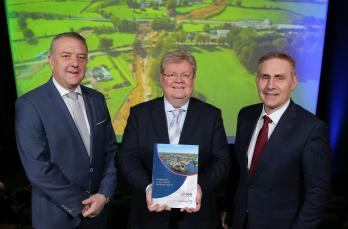
Biomethane has been introduced into Northern Ireland’s gas supply for the first time and kickstarted the journey to a fully decarbonised regional network.
Around 4,000 Dungannon homes within the network area of Evolve (formerly SGN Natural Gas) will now be powered by renewable energy for heating and cooking.
Biomethane generated from local agricultural and food waste is being injected into Evolve’s existing gas network infrastructure at Granville Eco Park in County Tyrone following the plant’s commissioning last week. This marks the first step to delivering ambitions of meeting much of Northern Ireland’s gas demand with biomethane by the end of the decade.
It builds on the recommendations set out in the Northern Ireland Executive’s Path to Net Zero Energy Strategy to decarbonise gas networks by integrating sustainable sources.
David Butler, Director at Evolve, said: “This is a monumental day for both the region and Evolve as a business. This is not a token connection; it is just the start of a journey to fully decarbonise our network by 2030.
“As we move forward, we emphasise the critical importance of strategic collaboration across all facets of the energy industry. By uniting collective expertise and resources, we can navigate the complex challenges ahead, ensuring that no one is left behind in the pursuit of a sustainable and equitable future.”
John French, Chief Executive at Northern Ireland’s Utility Regulator, said: “Today marks a significant milestone in Northern Ireland's journey towards decarbonising energy.
“The direct injection of biomethane into the Evolve grid represents a tangible transition from theoretical discussions to a concrete demonstration of the pivotal role gas networks in Northern Ireland are set to play. This development underscores the commitment to offering consumers access to a decarbonised energy source, all while minimising the necessity for substantial costs and upheaval.”
Evolve is a subsidiary arm of the SGN Group that operates the gas network covering eight key towns in the west of Northern Ireland. Its ambition is to capitalise on the regional biomethane production potential to help ensure natural gas is replaced with fully renewable energy sources in its network by 2030.
Northern Ireland has a surplus of agricultural waste and generating biomethane for use in the gas network will play a key role in bolstering energy resilience and reducing emissions. Utilising locally sourced organic product will also decrease the reliance on energy imports and could offer substantial export potential and a considerable economic uplift for the region.




